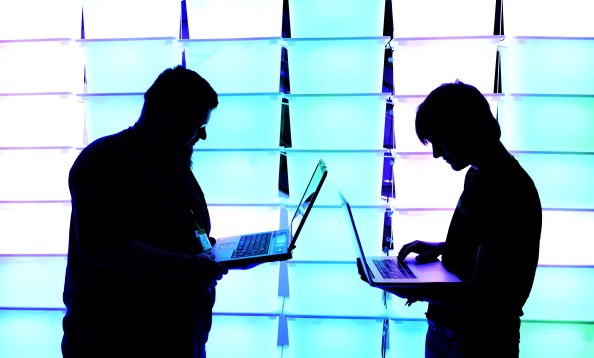DeFi projects are currently becoming more and more popular, especially since there was a huge growth seen in the crypto industry way back in 2020. Right now, there are more than 1,000 DeFi tokens circulating in the crypto markets.

This massive growth leads to more than a $34.86 billion total market cap in the crypto industry. Because of the rising crypto market, even Uniswap is now becoming more popular than ever.
The companies' tokens currently cover various sectors within the markets. These include exchanges, lending, derivatives markets, payments, assets, and more. Investors are charging to enter the two companies since their value is currently growing.
However, security researchers discovered that scammers, fraudsters, and other malicious actors are now targeting the companies' consumers. If you are one of them, here's how you can avoid them.
Avoiding Uniswap scams
Academy Binance explained that Uniswap is a set of computer programs that are created to allow decentralized token swaps in the crypto world. DeFi also has the same goal.
However, it is currently dangerous to buy their tokens since scammers and fraudsters are currently finding ways on how to fool people into buying fake tokens.

According to Hacker Noon's latest report, you should check the distribution and liquidity locked for a DeFi token. This means that consumers must always check that the distributor does not hold the highest value of the tokens in the market before purchasing them.
You also need to observe if the company is anonymous. Although most token sellers or distributors are usually anonymous regarding privacy and decentralization, it is still important to know how many consumers they have, as well as their backgrounds.
Avoiding DeFi scams
To avoid DeFi scams, you also need to do the methods or tricks mentioned above. There are various types of DeFi scams. These include exit scams, rug pull scams, and more. If you are familiar with them, it is still hard to avoid these scams since they are hard to tell from the real thing. One of the things you can do is always check if the distributor published its "white paper" since this is commonly seen in legitimate companies. The white paper contains the project's goals, projects, and offered services, as well as its background. You can click here if you want to know more tips.
For more news updates about guides on how to avoid scams, always keep your tabs open here at TechTimes.
Related Article : Fonix Ransomware Decryptor Released for FREE After Group Shuts Down, How to Claim Master Decryption Key?
This article is owned by TechTimes.
Written by: Giuliano de Leon.

![Apple Watch Series 10 [GPS 42mm]](https://d.techtimes.com/en/full/453899/apple-watch-series-10-gps-42mm.jpg?w=184&h=103&f=9fb3c2ea2db928c663d1d2eadbcb3e52)


